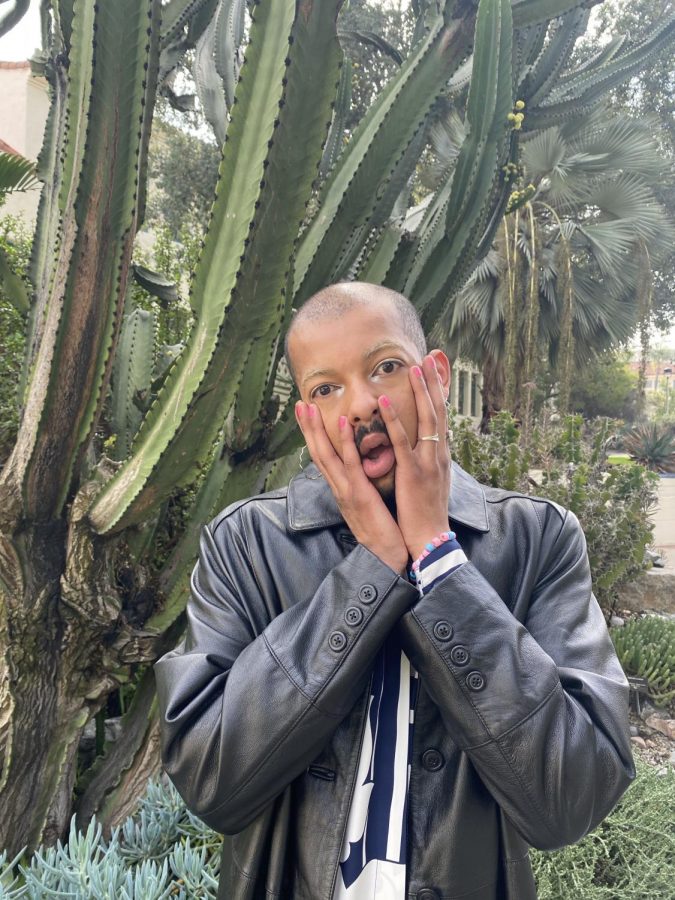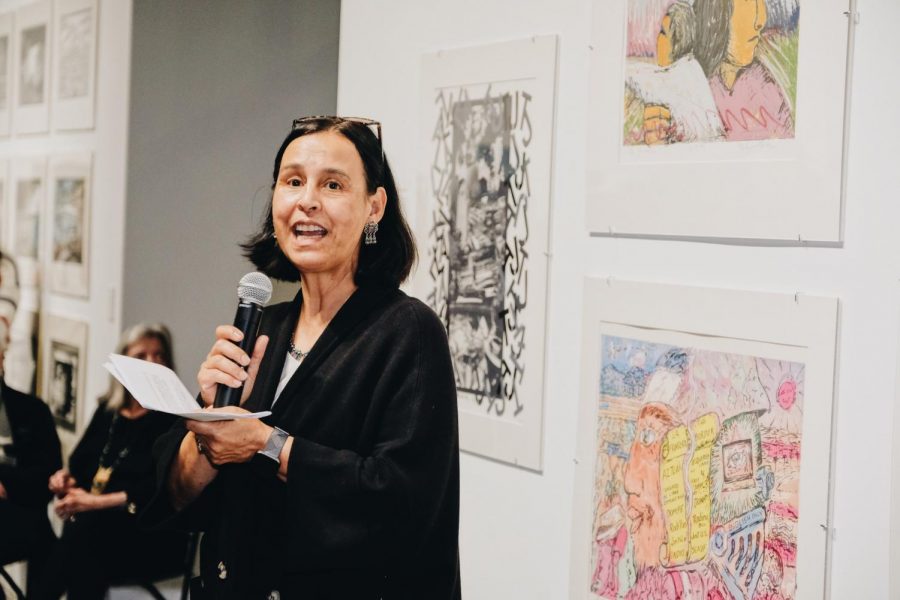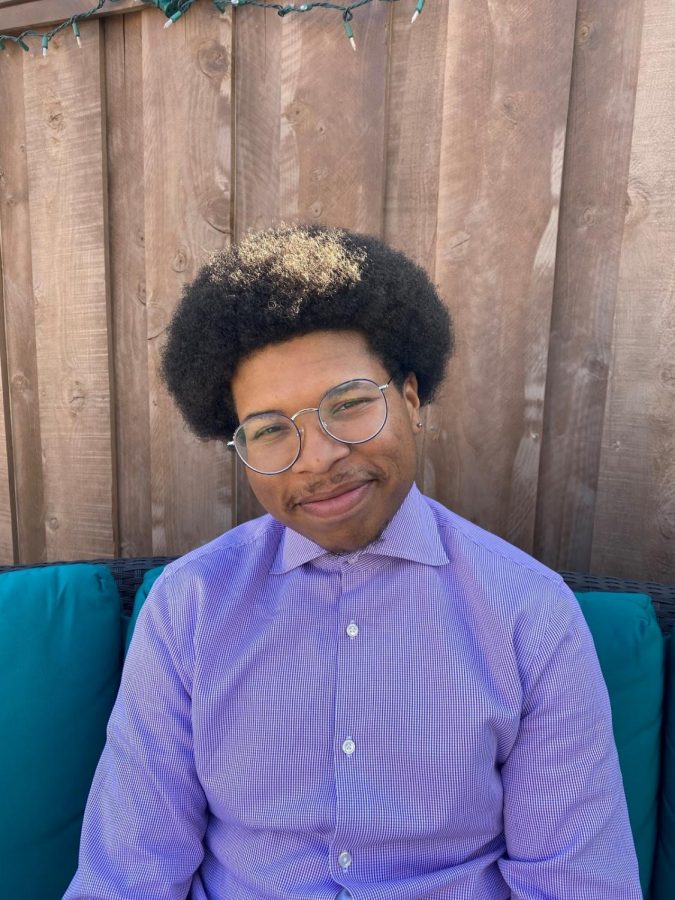You can be a lady when you’re with me,” John said. He laid there on his back with his eyes closed, fingers perfectly interlocked and placed across his torso in satisfaction “Feel free to correct me if I’m wrong.”
Samantha sat on the far end of the couch in between his legs, television in front of her, his hands at her left. She’d never had a man say that to her before. She wasn’t exactly sure what he meant, but something inside her knew he was right.
The word “lady” was becoming more relevant in her life and she wasn’t sure how the secret feminist inside her could embrace the term. As a young girl, someone told her, “Ladies don’t curse!” She hadn’t planned on removing the curse words from her vocabulary. What makes a man’s mouth more fit for expletives? What did being a lady mean anyways?
From Samantha’s perspective, ladies were never allowed to have fun. You can’t curse, you have to wear frilly dresses, spend an exorbitant amount of time on your appearance and you can’t be loud. Yet here, she sat in a living room belonging to a very handsome man, wearing leggings and a T-shirt, no makeup, cursing between bites of pizza, and he told her she could be a lady. How?
Samantha was raised by a woman who never made men her highest priority. Her mother, Tessa, was a self-proclaimed “Jill-of-all-trades.” Tessa could mend a fence, plant a garden, fix a roof on a playhouse and unclog a toilet. Samantha remembered accompanying her mother to a variety of hardware stores and purchasing her first gardening shovel.
“Sammie, you’ve always got to be able to take care of yourself, by yourself,” her mom would say. Sowing seeds of independence in her daughter’s mind was her priority. Independence was a survival skill for women of that family. Tessa’s sister, Ida, had been married twice. The first was a man who had an appreciation for painting the color purple into her skin. The second husband was more kind, but lacked the will to live. He passed away five years after marriage, leaving Ida with their three children. Twice, Tessa watched her sister fall apart under the assumption that some man would be her saving grace. Tessa would raise no such daughter.
John’s statement swam around Samantha’s mind for an entire week before she caught it. Maybe John’s statement was an invitation. He was inviting her to be vulnerable with him. When John took Samantha out, there was never any pressure. He didn’t criticize her language. He complimented her intelligence and kindness. She remembered their first date. They walked around Millennium Park for hours, discussing the different architectural shapes of each work of art. As the sun sank into the horizon, she could sense how comfortable he had become with her. She linked elbows with him and they continued their walk. When a police car drove by, she could feel his muscles tighten slightly and he slowed his pace. She smiled to herself, “This guy is trying to protect me.” He was genuine in his approach, open about his story, and exceptionally clear about his personal goals. For a moment, Samantha considered loving this man enough to trust him. But that idea was too lofty a goal for a first date, so she put the idea out of her mind.
Before the pizza and the invitation, she found herself dancing around his questions like a ballerina in a mine field. He wanted to know about her mother’s past relationships. He even asked her about her father, a topic Samantha rarely visited. The more John probed, the further Samantha retracted into herself. She had so many answers she wanted to give him, but her heart wouldn’t release them. Independence doesn’t lend itself to partnership or trust. Or can it?
Samantha realized her mother had been trying to teach her about love. When a woman is pregnant, she shares her body with her child. Everything she takes in, so does the child. A woman’s internal organs are rearranged to make room for new life to enter this world. Women can experience love as a form of sacrifice, as a form of giving. It is in the very nature of our bodies to open up and provide comfort. Some women realize the power in the love they represent. Others, like Samantha’s aunt, cannot find the value in what they have to offer. Samantha was somewhere in the middle. She could see her worth, but not the value in sharing herself. Samantha always pegged herself as a giving person: loving, kind, nurturing … just like her mother. But being inaccessible … well, this was new. She had to ask herself, “Can I invite someone into my garden?”






